Differences Between Quartz and Granite Countertops: Avigna Granites Perspective
When it comes to selecting the perfect countertop for your home, two materials often stand out: quartz and granite. Avigna Granites, a leading authority in the industry, delineates the key differences between these two popular countertop options, offering valuable insights for homeowners.
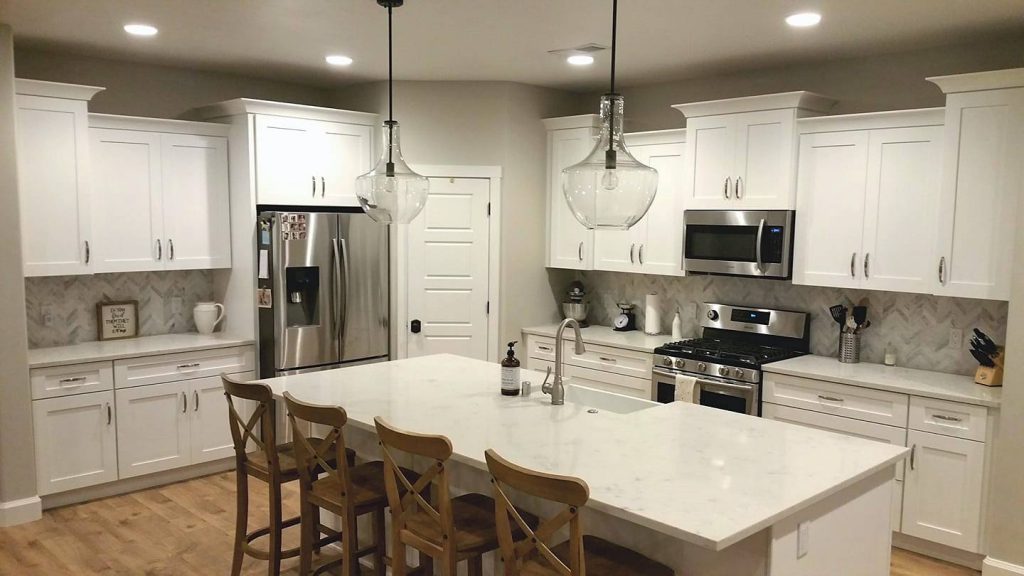
Composition and Appearance
Quartz countertops are engineered from crushed quartz crystals mixed with resin, resulting in a uniform surface with a wide range of colors and patterns. In contrast, granite countertops are natural stone slabs quarried from the earth, boasting unique patterns and variations in color and veining. While quartz offers consistency in appearance, granite showcases the inherent beauty of natural stone with its diverse array of hues and patterns.
Durability and Maintenance
Granite countertops are revered for their exceptional durability and heat resistance, making them ideal for high-traffic areas such as kitchens. They are also naturally resistant to scratches and stains, although periodic sealing is recommended to maintain their longevity. On the other hand, quartz countertops are non-porous and require no sealing, offering superior resistance to stains, scratches, and bacteria. However, quartz may be less resistant to heat compared to granite, requiring the use of trivets or hot pads to protect the surface.
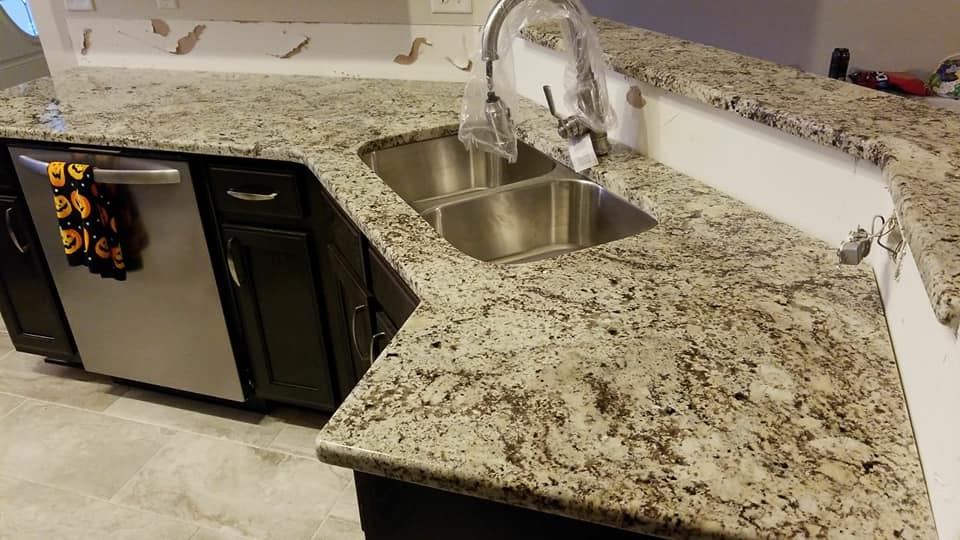
Customization and Installation
Quartz countertops are manufactured in a controlled environment, allowing for precise customization of size, shape, and edge profiles to suit individual preferences. Granite countertops, being natural stone, may vary in thickness and require professional installation to ensure proper fit and support. While quartz offers more flexibility in customization, granite countertops showcase the unique beauty of each slab, adding a touch of authenticity to any space.
Cost Considerations
Cost is often a significant factor in the decision-making process when choosing between quartz and granite countertops. Generally, quartz countertops tend to be more expensive upfront due to the manufacturing process and customization options. However, granite countertops may incur additional costs for sealing and maintenance over time. Ultimately, the total cost will depend on factors such as material selection, countertop size, and installation requirements.
Avigna Granites provides valuable insights into the differences between quartz and granite countertops, empowering homeowners to make informed decisions based on their preferences and lifestyle needs.
While quartz offers consistency, durability, and low maintenance, granite boasts the timeless beauty of natural stone with its unique variations and resilience. By understanding the distinct characteristics of each material, homeowners can choose the perfect countertop that not only enhances the aesthetics of their home but also withstands the demands of daily life with grace and style.
-
Alaskan White
Original price was: $59.99.$49.99Current price is: $49.99. -
Alpine white
Original price was: $69.99.$59.99Current price is: $59.99. -
Aspen White Granite
Original price was: $74.99.$64.99Current price is: $64.99. -
Astoria
Original price was: $74.99.$64.99Current price is: $64.99. -
Bianco Bellagio Quartzite
-
Black Pearl
Original price was: $79.99.$59.99Current price is: $59.99. -
Blue Cielo
$69.99 -
Blue Cielo
Original price was: $99.99.$89.99Current price is: $89.99. -
Blue flower
$39.99
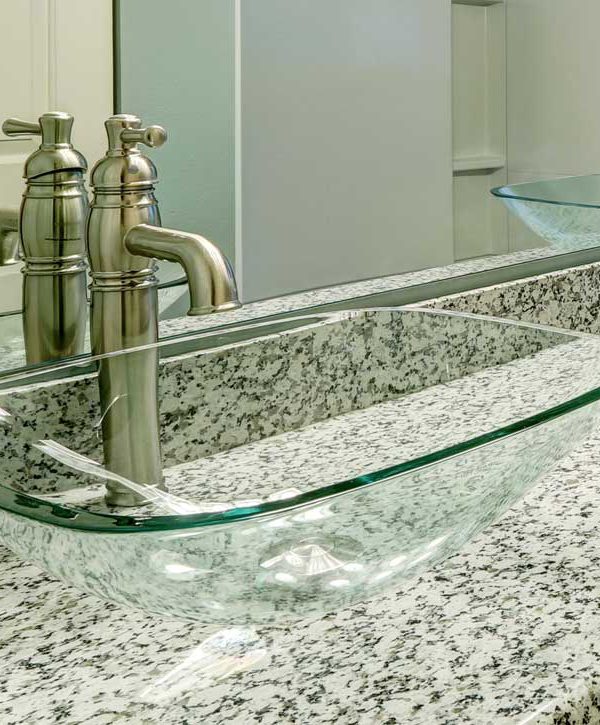
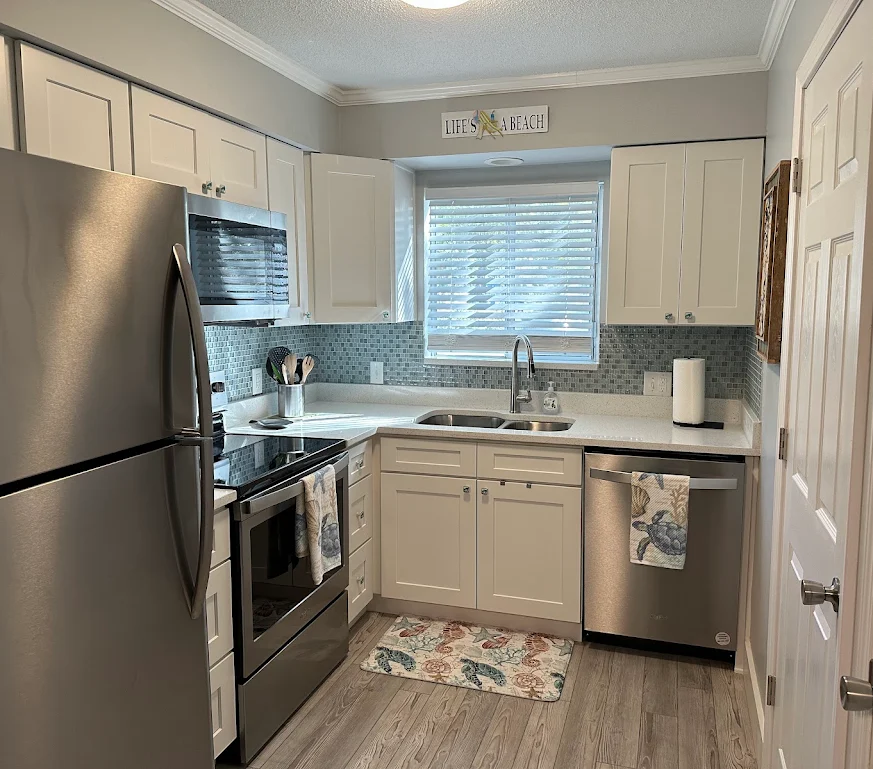
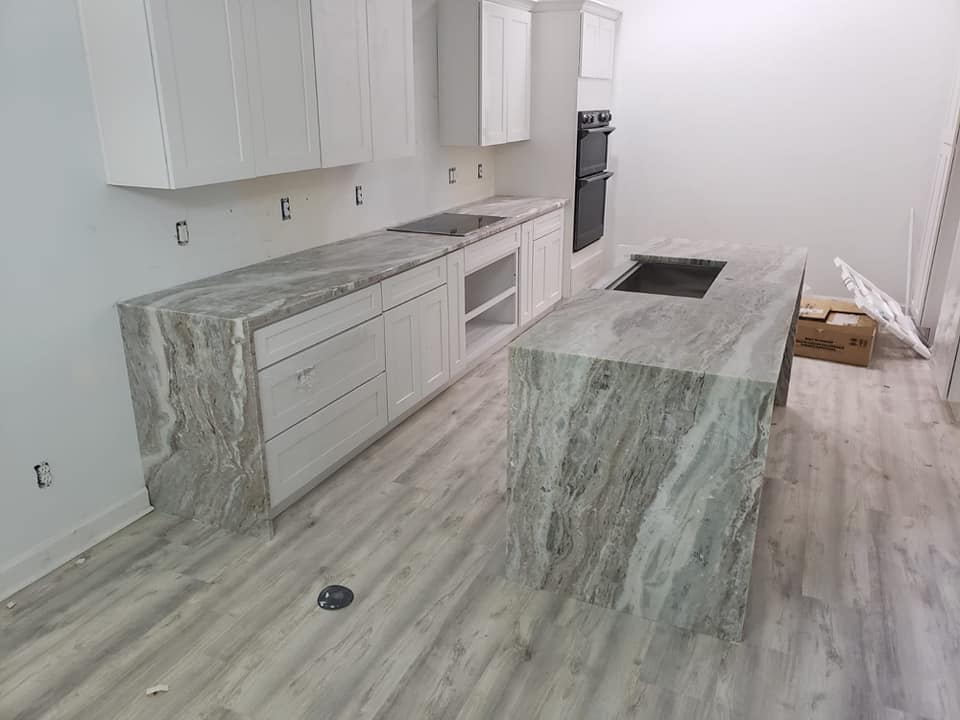
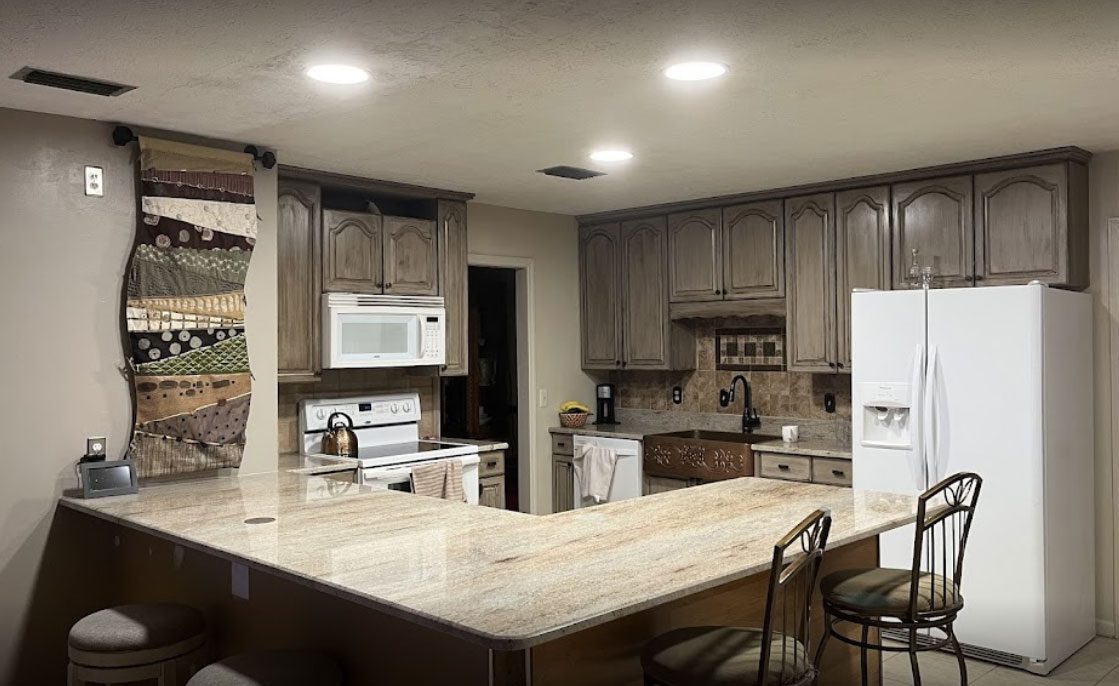
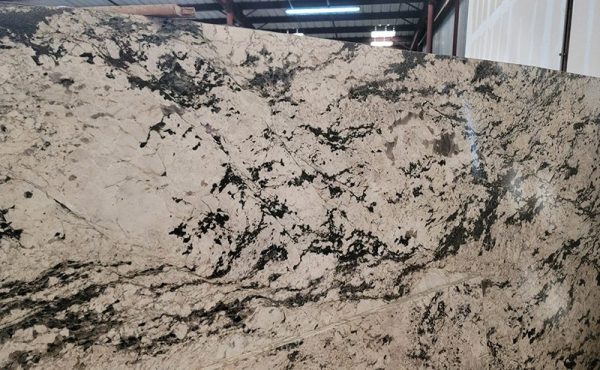

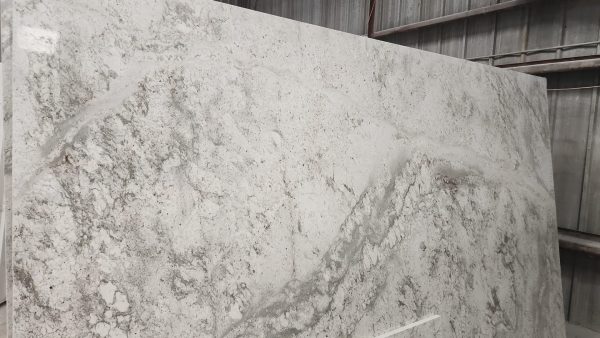
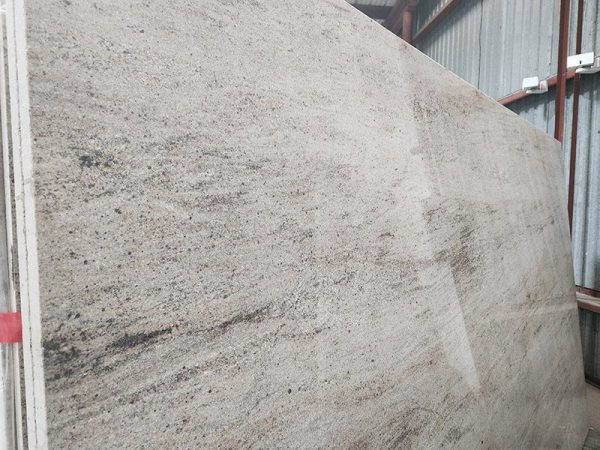

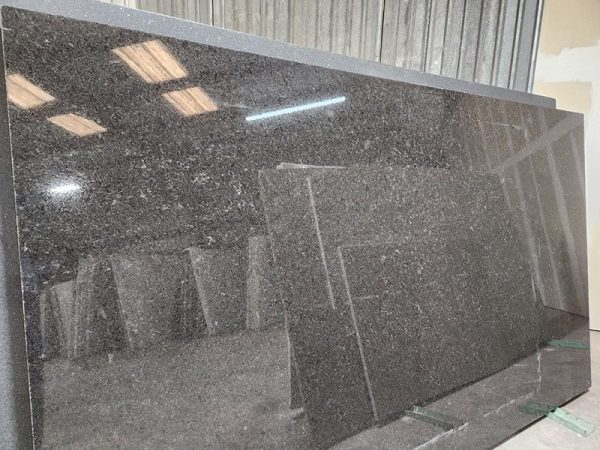


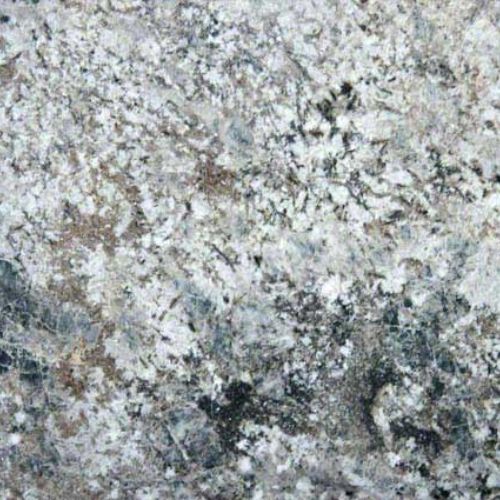
Comments are closed